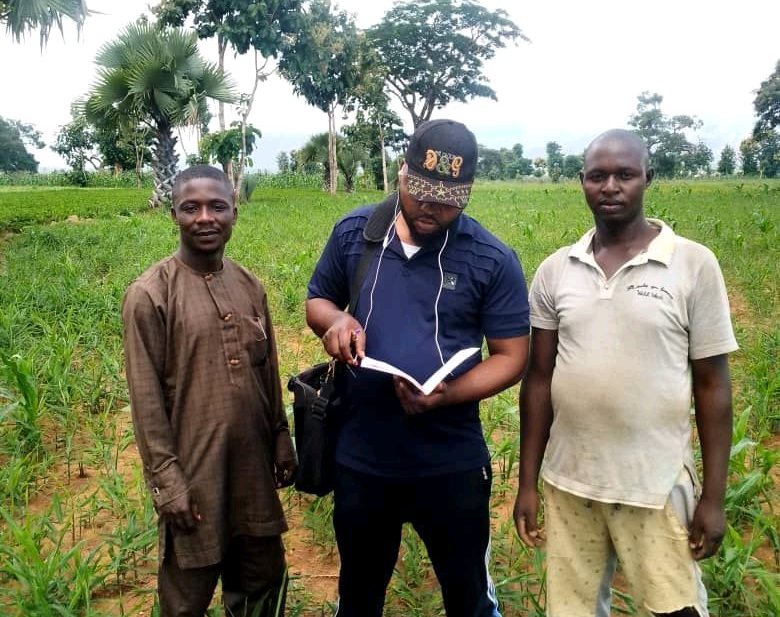In this week's Letter to My Farmers, Babatunde emphasizes the importance of involving the whole family in the training process, rather than just the head of the household. This ensures that they can carry on the farm for generations.
In every home in rural communities in developing countries, a smallholding farm exists, mostly headed and operated by a man and in a few instances, a woman. One key characteristic of a smallholding farm is the use of family labour in production activities, which is an unpaid labour and they all make the farm family; it also entails farming activities being operated by the whole family with various activities undertaken by the different members of the family to ensure a successful farm operations and a better livelihood for the family.
Therefore, it is important to understand the peculiarities in the farm family system; to reduce the cost of operations by ensuring that family members carry out specific activities (which are largely unpaid for), it is perceived as a form of socialisation for younger family members (catch-them-young strategy) to embrace the occupation of their parents, a form of succession plan and a continuity of the business in the case of sudden demise of any of the parents or both of the parents.
It is vital for intervention programmes, focusing on capacity development of smallholder farmers to be done at the farm family level with the involvement of all other members of the farm family to reinforce such knowledge and help the farmers to make better business decisions as any negative or positive effects on the farm affects all the members. We need to further understand the peculiarities of farm families across the different regions to guide them in the case of programme designing and development to achieve better outcomes and impacts. We all must be involved and be at the forefront to promote farm families for a better future and achieving food security.
Yours-in-Service,
Babatunde
Therefore, it is important to understand the peculiarities in the farm family system; to reduce the cost of operations by ensuring that family members carry out specific activities (which are largely unpaid for), it is perceived as a form of socialisation for younger family members (catch-them-young strategy) to embrace the occupation of their parents, a form of succession plan and a continuity of the business in the case of sudden demise of any of the parents or both of the parents.
It is vital for intervention programmes, focusing on capacity development of smallholder farmers to be done at the farm family level with the involvement of all other members of the farm family to reinforce such knowledge and help the farmers to make better business decisions as any negative or positive effects on the farm affects all the members. We need to further understand the peculiarities of farm families across the different regions to guide them in the case of programme designing and development to achieve better outcomes and impacts. We all must be involved and be at the forefront to promote farm families for a better future and achieving food security.
Yours-in-Service,
Babatunde
Related



